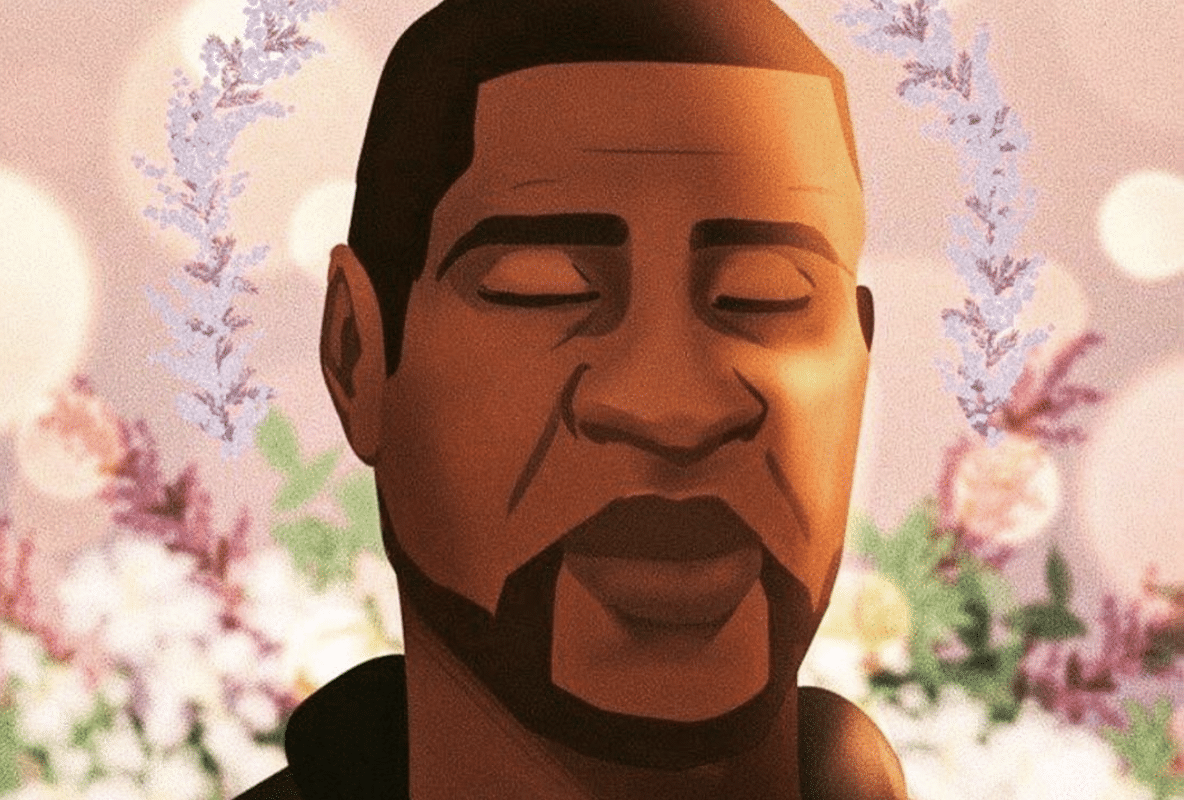
The other day, I was asked by someone I work with where I sit on the political spectrum. My answer to him was that I see myself as a centrist who tries not to become identified with the often staunchly held ideological positions of the left or right. How accurate of a characterisation this is, is hard to tell because how one sees themselves sometimes does not reflect the reality of their positioning. Then there is also the complicating factor of not always seeing issues straight down the line, or sometimes leaning in ways to the left or right that might have an observer of one of your arguments about an issue generalise from that position that you are either a progressive or conservative.
In the hyper-polarised age that we live in, particularly online, people can be very quick and eager to judge others in this way, and label them as members of their accepted in-group or oppositional out-group. Given our tribal nature as human beings, this proclivity for sorting people into these camps is somewhat understandable but it is also highly reductive and misleading, as more people than we would like to believe, hold complex and nuanced views that don’t neatly fit into a particular ideological framework. Of these people, questions remain where their allegiances lie, but even this is the wrong frame for analysis, for what is animating the positionality of these individuals is not the need or desire to belong to a group who thinks like them, but an earnest search for truth which is thought to be located in the more levelled middle ground between these extremes.
What really got me thinking about this topic over the past couple of weeks has been the responses in commentary I have observed to the Israel attack by Hamas on 7 October, which in some measure have been as wide as the divide that exists between the Israelis and Palestinians themselves. This is not to equate the actions of Hamas to the Palestinian people, or to fail to acknowledge the long and difficult history of the conflict in that region of the world. From what I have learned since the attacks took place, it is clear that each side has their own justified grievances for what has occurred at different points in time, which from a purely human standpoint is understandable. Leading to the tying of a knot of conflict that has become exceeding difficult to loosen, what is adding unhelpfully to the strengthening of the knot are those who feel ideologically or politically compelled to pick one side over the other.
While I do feel for the Palestinian people whose lives will be turned upside down and lost as the Israeli Defence Forces enter Gaza to root out the membership of Hamas, I have been disgusted to observe so much of the anti-Semitic sentiment that has been on display in the ‘Pro-Palestinian’ rallies around the world. A fair amount of this vitriol has even been spewed by figures on the left who view themselves as compassionate and ‘humane’ defenders of the oppressed, which in this conflict they see the Palestinians as representing. But by demonstrating on the streets so soon after the attack on Israel took place, they seem to have completely abandoned any basic human sympathies towards the initial victims who sustained some of the worst forms of violence and death imaginable. On the other side of the political divide, it has been equally as disheartening to hear some figures use the events as an opportunity to push an Islamophobic agenda that equates the Palestinian populous (that is majority Muslim) with the militant Islamism of Hamas. Pursuant to their line of thinking, because Hamas was democratically and fairly elected by the Palestinian people in 2006 (the words “democratically” and “fairly” should appear in quotation marks given that many doubt the choice the populous had in the process of electing them), they are inherently complicit in the unprovoked attack on Israel, and therefore deserve the harsh measure of retribution that will be delivered by the Israeli Defence Forces. Here, what is also denied is the widespread suffering that will be experienced by the Palestinian people as many areas of Gaza (which is one of the most densely populated locations on the planet) are levelled by missile strikes.
While one might argue that these are minority positions I have outlined, and that the positionality of most people is not out at those poles, I don’t think it can be denied that our information landscape gives amplification to extremes such as this, which magnifies their presence in the mainstream discourse. Not only are legacy media outlets beholden to the ideological leanings of their base of viewers which have over the years been cannibalised by alternative media platforms such as X (formerly ‘Twitter’) and YouTube, but so are the influencers on these platforms subject to the audience capture of their echo chambers which bring together a homogeneity of perspectives and theories (oftentimes of a conspiratorial nature) that assume the rightness of their worldview and the wrongness of anybody or group who exists outside of that bubble. Coming at the cost of our humanity and willingness to socially cohere around principles that transcend these ideological boundaries, this is the price that the centrist is unwilling to pay in order to find their place in the world.


